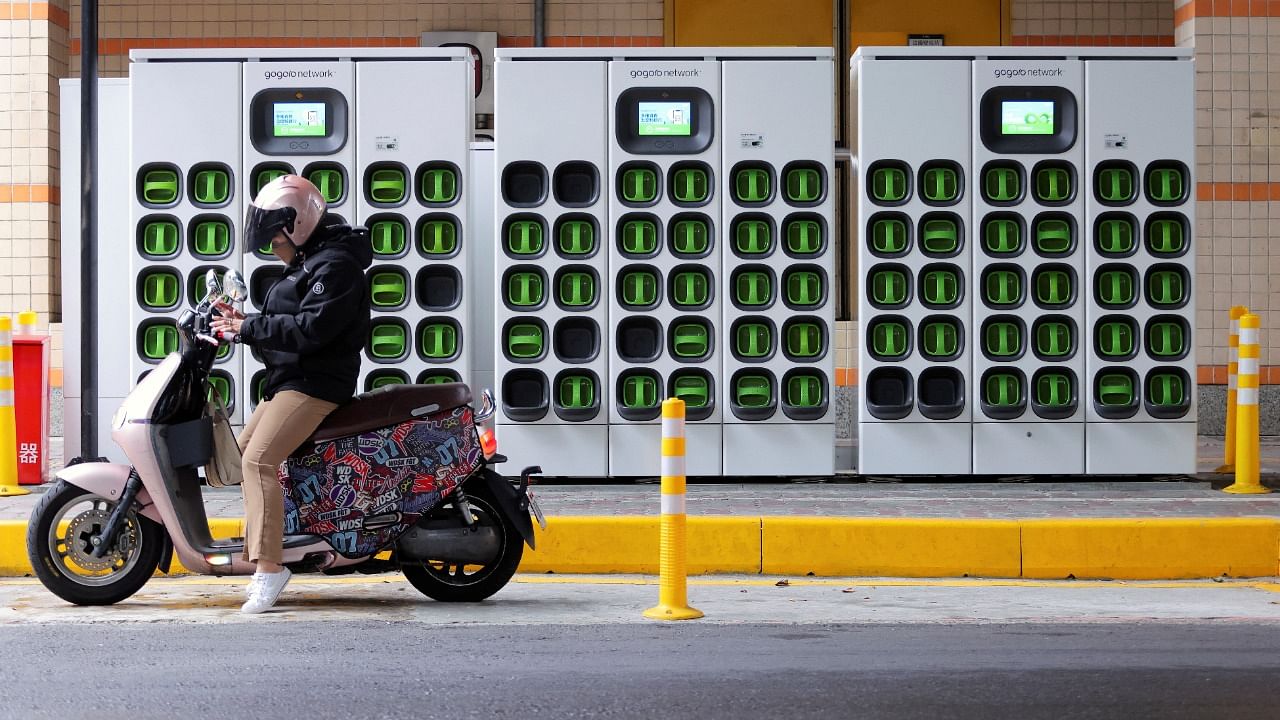
In the past few weeks, over a dozen electric scooters, including those manufactured by Ola Electric, have caught fire in various parts of the country. Lives have been lost in some incidents. The fires are mostly said to have been caused by the explosion of the battery while charging, but some have happened even while the vehicle was not being charged. The incidents have put the emerging electric vehicle (EV) segment under the scanner. The companies have announced that they were recalling batches of vehicles which saw fire incidents and that they would probe the causes of the fires. Union Transport Minister Nitin Gadkari has cautioned EV manufacturers, asking them to take “advance action” in recalling defective batches of vehicles. He has also said that the government would soon issue guidelines on quality for EVs. An expert committee has been set up to look into the incidents, develop standard operating procedures and safety guidelines and come up with ideas on regulations for battery management systems (BMS) and cells used in electric two-wheelers.
While companies have not revealed the results of their probes, experts say that the fires could generally be traced to the BMS. The quality of the battery cells, their packaging, thermal management and the technology used in rapid charging could all be factors that need scrutiny. One view is that the imported battery packs, designed for cooler climes, may not be suitable for use in Indian summers. It is also thought that the difficult driving conditions in India would stress the battery pack, leading to overheating. Most mishaps have occurred in electric scooters or bikes. There are quite a few start-ups that produce these vehicles without the requisite technical background or commitment
to quality and safety. Cheaper batteries often pose greater risk.
The string of fire incidents will cause a setback to the EV industry which has just started taking off. They pose a challenge not just to the companies. Electric vehicles are a crucial part of the transport ecosystem that should be set up in the country for various reasons, including the achievement of climate goals. The mishaps have the potential to undermine consumer confidence and hurt sentiments. Though the vehicles of only some companies are involved in the mishaps till now, the entire sector will be affected by the negative perceptions. The industry, the government, and other stakeholders will have to work together and address the problem, and solutions have to be found without delay. Most companies may not want to make public the issues that caused the mishaps. It is to be seen whether the government’s draft battery swapping policy, which provides for exchange of discharged batteries with fully charged ones, would help.
Check out latest DH videos here